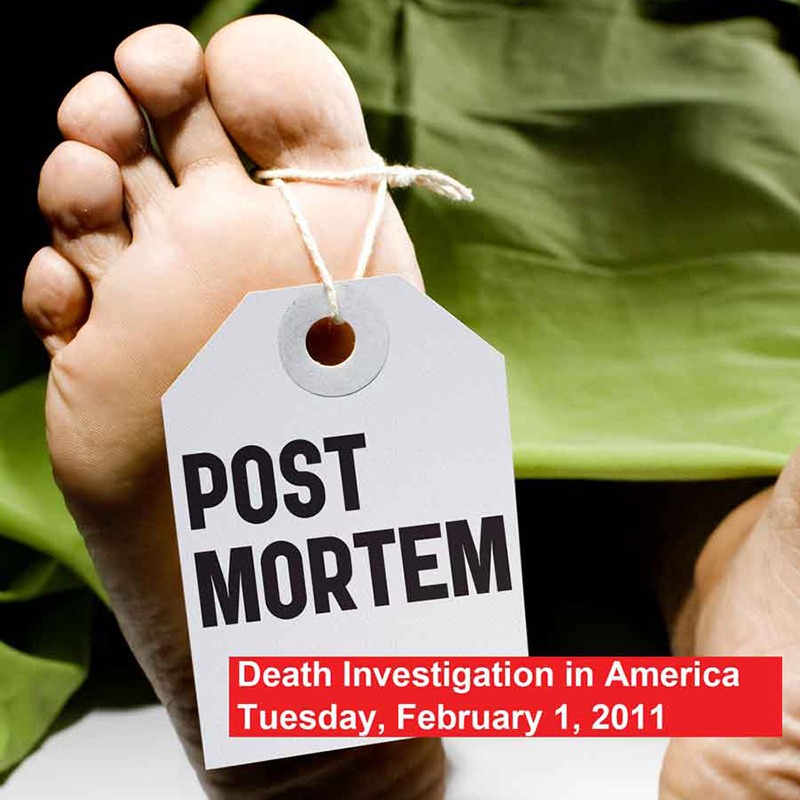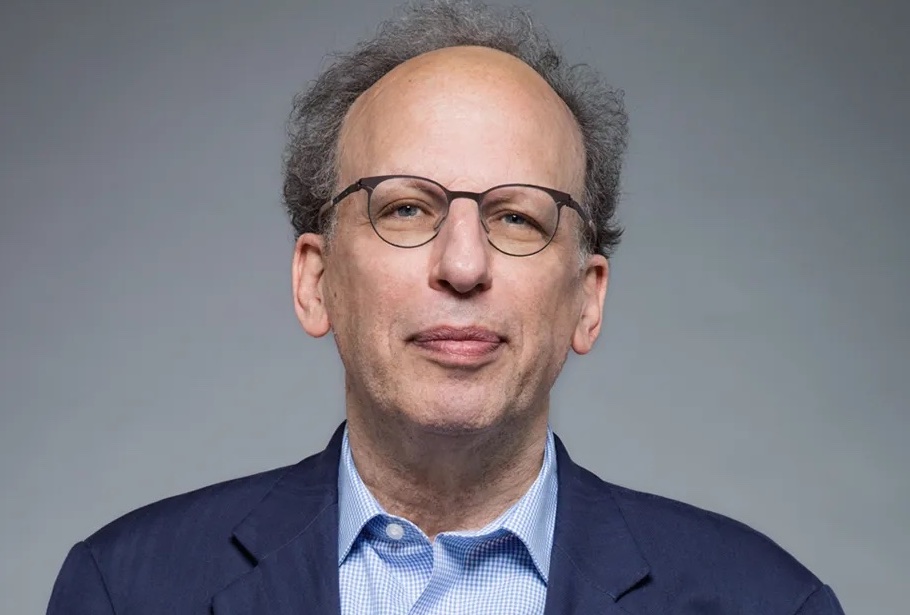
Popular television shows portray death investigators as high-tech sleuths wielding the most sophisticated tools of 21st century science. An unprecedented collaborative investigation by FRONTLINE, ProPublica and NPR found a very different reality: A dysfunctional system in which there are few standards, little oversight and the mistakes are literally buried. In state after state, reporters found autopsies — our final physical exam — conducted by doctors who lacked certification and training. An increasing number of the 2.5 million Americans who die each year go to the grave without being examined at all.
Post Mortem shows that errors by coroners and forensic pathologists have allowed potentially guilty perpetrators to go free and the innocent to be accused of crimes they did not commit.
Every day, nearly 7,000 people die in America. And when these deaths happen suddenly, or under suspicious circumstances, we assume there will be a thorough investigation, just like we see on CSI. But the reality is very different.
In over 1,300 counties across America, elected coroners, many with no medical or scientific background, are in charge of death investigations. Nationwide there is a severe shortage of competent forensic pathologists to do autopsies. The rate of autopsies – the gold standard of death investigation – has plummeted over the decades. As a result, murderers go free and innocent people go to jail.
Six UC Berkeley Graduate School of Journalism students worked on the film: Leah Bartos, Heather Duthie, Mary Flynn, Kati Hollis, Brooke Minters and Japhet Weeks. Five alums worked on the project: co-producer Andres Cediel (’04), fact checker Jonathan Jones (’06), reporter Sabrina Shankman (’10) and director of photography Zachary Stauffer (’08). Former IRP Post-graduate Fellows Carrie Lozano (’05) and Ryan Gabrielson provided reporting. Professor Lowell Bergman was the correspondent. Additional reporting by IRP deputy director Marlena Telvick. Alex Brewer, the 2010 Isaacs-Wright Carleton College intern to the IRP contributed research.
Lozano is using “Post Mortem” as a case study for the IRP’s “Collective Work,” an innovative project funded by the John S. and James L. Knight Foundation to help identify best practices for the evolving realm of multiplatform, collaborative investigative reporting.
Web site: www.pbs.org/wgbh/pages/frontline/post-mortem/
NPR Stories: http://www.npr.org/series/133208980/post-mortem-death-investigation-in-america
ProPublica Stories: http://www.propublica.org/topic/post-mortem/
California Watch Stories: http://californiawatch.org/postmortem
Listen to Professor Bergman discussing the collaboration on NPR’s “Talk of The Nation” February 8, 2011: http://www.npr.org/2011/02/08/133595702/chronic-dysfunction-found-in-death-investigations




